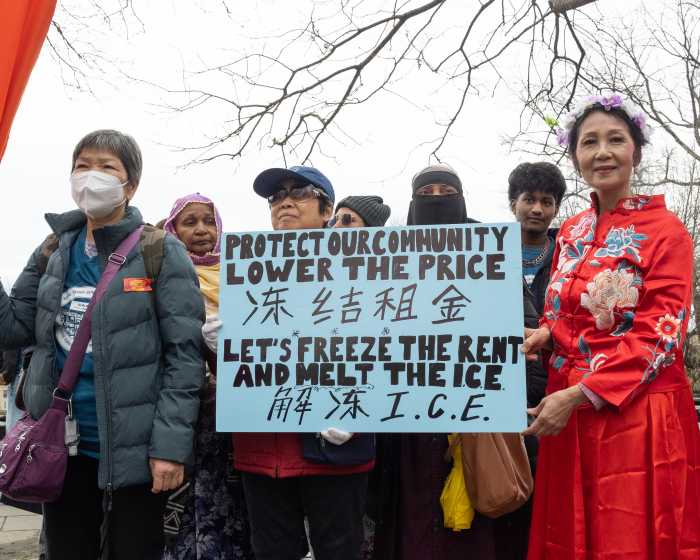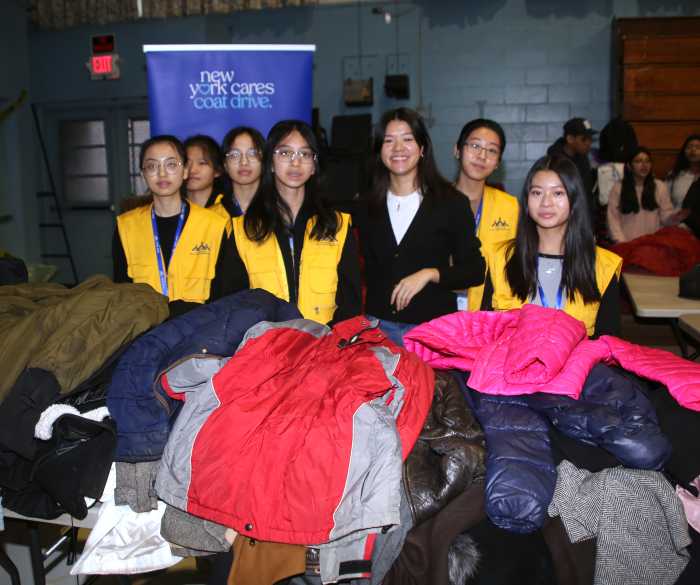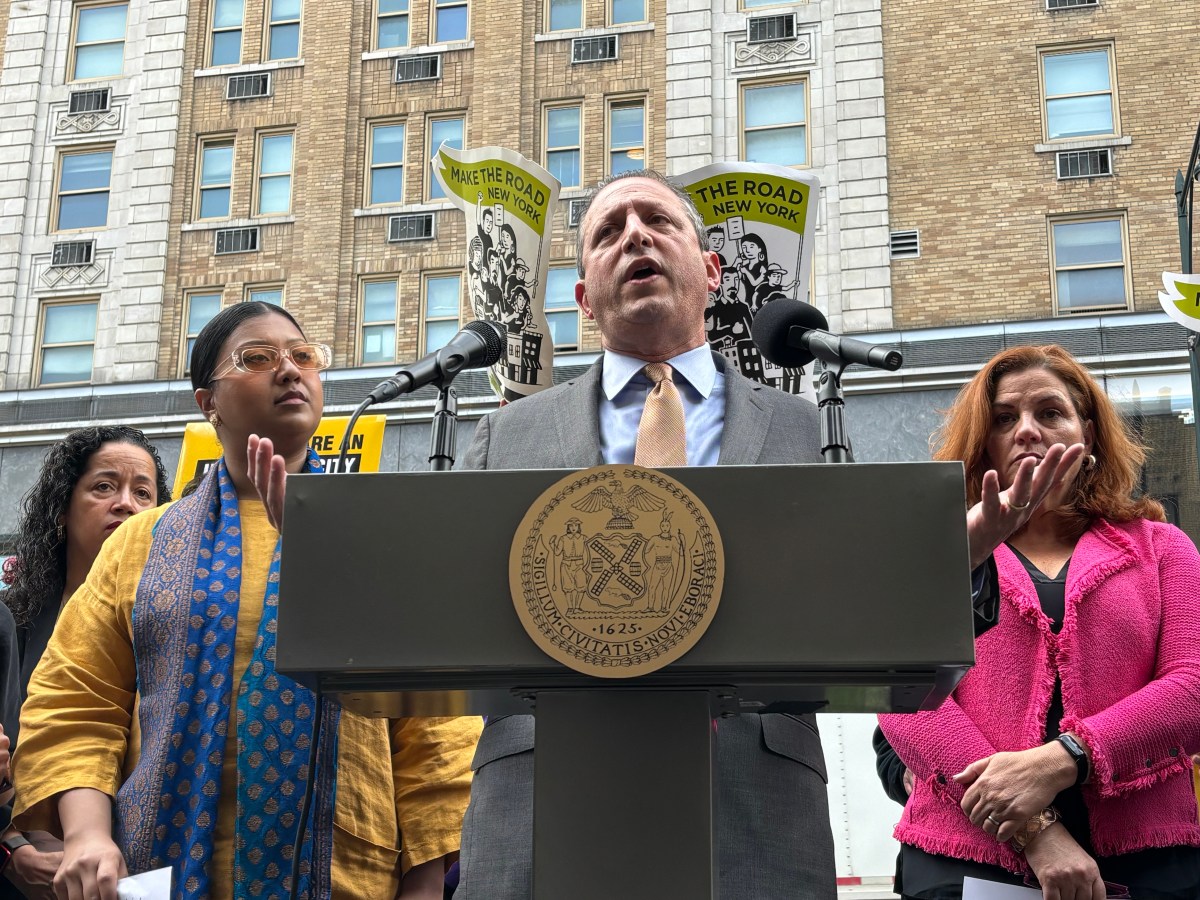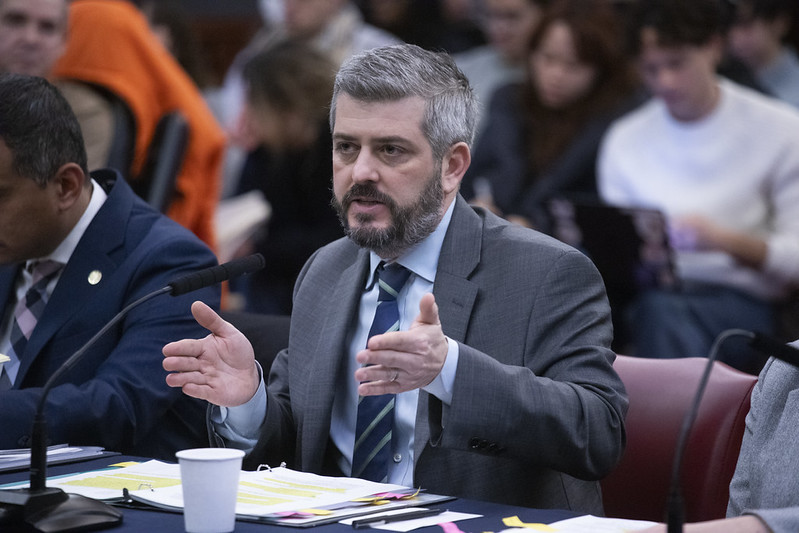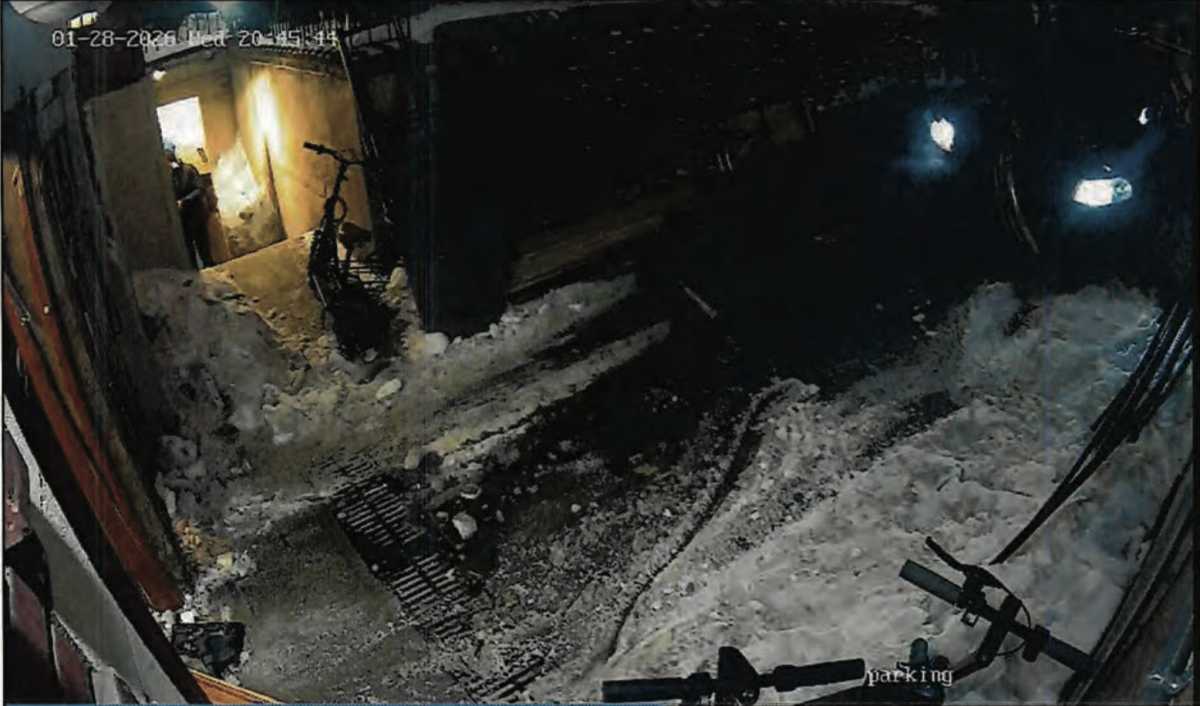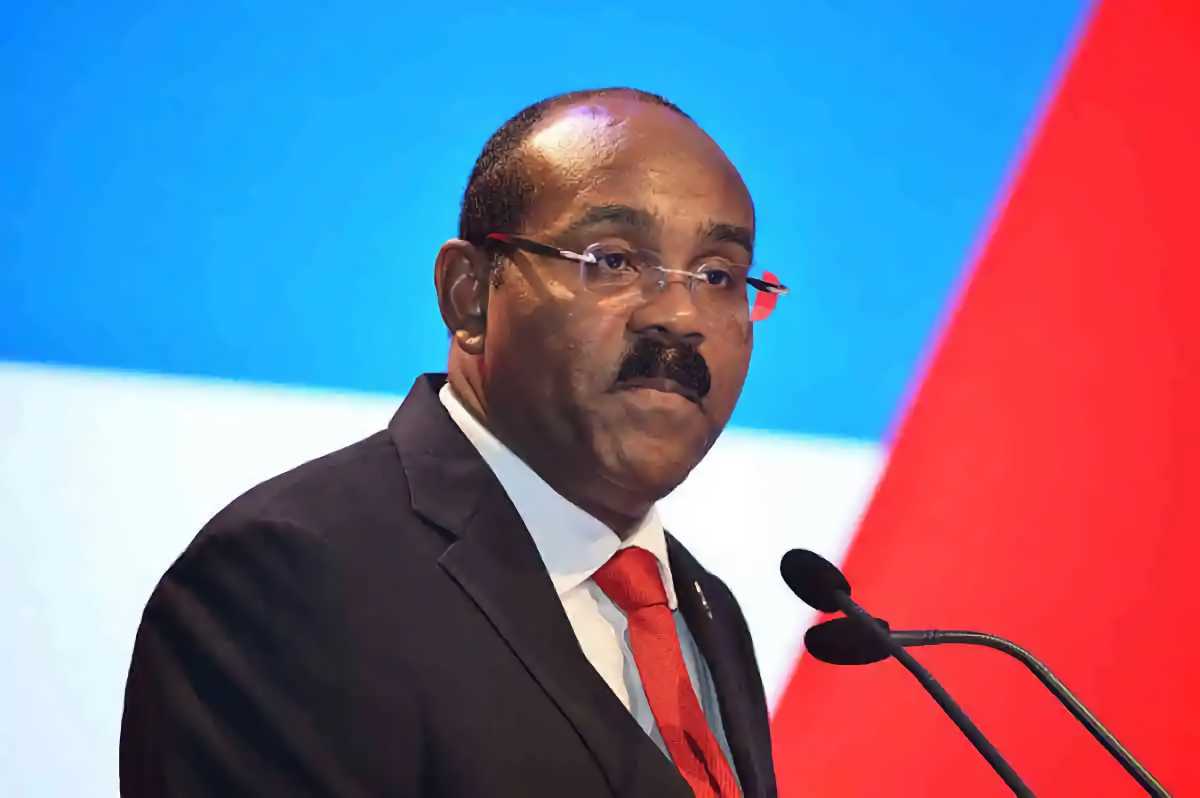At a time when efforts to erase identities from classrooms, library shelves, and our websites have become commonplace, we say no. Not in New York City.
Imagine being one of the over four hundred thousand students in New York City schools today who identify as Latine. You would see headlines that presume you to be a criminal, threaten to deport you and your family, and tell you that you don’t belong. We have a responsibility to address such unconscionable assaults on basic human dignity, especially in the classroom.
That is why in 2024 the City Council took a historic first step towards incorporating Latinidad culture and history into NYC schools by funding the development of a new Latine Studies educational framework. This work will benefit both the 40% of students who identify as Latine as well as their six hundred thousand peers. Studies show that when students see themselves and their peers in their studies there is an increase in student achievement and better peer relationships.
This year the investment by the City Council will be used to engage our communities to better understand what they believe should be included in this curriculum. Ensuring their success includes getting everyone in their community onboard.
Thanks to the support of New York City Council, United Way of New York City, the Hispanic Federation, and the Edmund W. Gordon Institute for Advanced Study at Teachers College, Columbia University are proud to embark on an effort to create a community-infused curriculum.
We know that approximately eleven thousand 12th grade students do not graduate high school in New York City in four years. There is no mystery about how to help them. Research is clear that one of the key interventions is to provide culturally responsive curricula and to upskill teachers in its classroom use.
High-quality, culturally responsive curricular resources are not a solution for all of the problems, but they are a precondition for systemic change.
Teachers will also benefit from this effort. When teachers are given the resources they need to meet their students’ needs, they not only teach better but they stay in the classroom longer.
Teacher retention is a major issue in NYC. Nearly ten percent of the city’s 75,000 teachers leave the system every year, costing the system nearly a quarter of a billion dollars. If we do more to help teachers meet their students’ needs we will see more teachers spending their entire careers in our schools.
But there is another piece of the puzzle: You.
Starting this spring, we will hold town hall meetings throughout NYC to gather community and academic input.
We will be talking to parents, students, educators, and educational experts to share our plans, get their feedback and build consensus together. You can learn more about this effort and complete our survey at unitedway.nyc/latine-studies.
Learning from our local communities is only one step in the process, so we are excited to continue partnering with the New York City Council and hope to earn its support to fund the completion of the curriculum program.
With your help, we can ensure that at a moment in history when the Latine community is under threat of erasure, New York will respond by elevating Latinidad.
One voice, one lesson, and one life at a time. Vamos a aprender!
Grace Bonilla is president and CEO of United Way of New York City; Council Member Jennifer Gutiérrez represents District 34, which includes Williamsburg, Bushwick, and Ridgewood; Council Member Alexa Avilés represents District 38, which covers Sunset Park and Red Hook; and Council Member Oswald Feliz represents District 15, which includes Belmont, Fordham, and surrounding neighborhoods in the Bronx.



